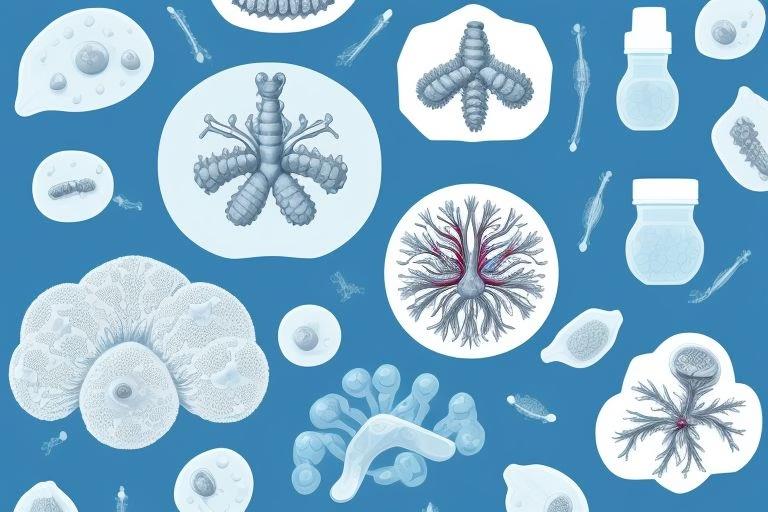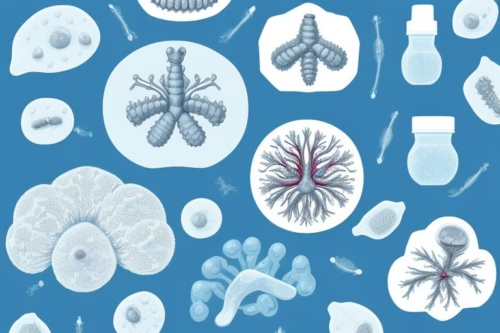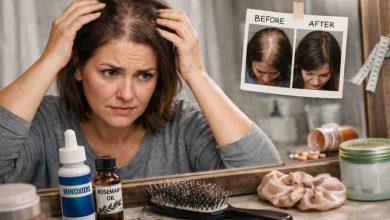
What Is Stevens Johnson Syndrome and Why Medication Matters
Stevens Johnson Syndrome (SJS) is a rare, life-threatening condition that affects the skin and mucous membranes, often caused by a severe reaction to medication. If you or a loved one has been diagnosed, understanding the right medications for treatment can significantly improve outcomes.

In this comprehensive guide, we’ll dive deep into Stevens Johnson Syndrome medications that can help manage symptoms, alleviate pain, and speed up recovery. If you’re looking for proven, effective ways to manage this condition, keep reading!
What You Need to Know About Stevens Johnson Syndrome
SJS can start with flu-like symptoms and quickly progress to painful blisters, often resulting in the shedding of skin. The reaction typically requires immediate medical intervention. While the root cause is usually a medication, the right treatment plan can manage its severity.
Primary Causes of SJS
- Medications: The leading cause is drug-induced, with certain medications triggering this severe reaction.
- Infections: Viral infections like Herpes Simplex and Mycoplasma pneumonia can also cause SJS.
By recognizing the symptoms early and administering the correct medications, you can reduce complications and improve recovery outcomes.
7 Proven Stevens Johnson Syndrome Medications That Offer Relief
Choosing the right medication for Stevens Johnson Syndrome is crucial to managing the disease. Let’s explore the top medications that are commonly used to treat this condition.
1. Corticosteroids: The Fastest Way to Reduce Inflammation
Corticosteroids like Prednisone are commonly prescribed to reduce inflammation and suppress the immune system’s reaction. They can provide immediate relief from the pain and swelling associated with SJS.
- How They Help: Corticosteroids help reduce swelling, redness, and itching while preventing further skin damage.
- Potential Side Effects: Prolonged use of steroids can lead to side effects such as increased infection risk and weight gain.
Pro Tip: Always follow your doctor’s instructions when using corticosteroids, as misuse can cause complications.
2. Immunoglobulins: A Proven Method for Severe Cases
For more severe cases of SJS, IV Immunoglobulin (IVIG) therapy has been a game-changer. It’s often used when the condition has progressed rapidly and corticosteroids alone are not sufficient.
- How It Works: Immunoglobulins contain antibodies that help modulate the immune system and prevent the body from attacking its tissues.
- Effectiveness: Studies show that IVIG therapy can reduce the severity of SJS and speed up the healing process.
3. Cyclosporine: An Immunosuppressant for Skin Healing
Cyclosporine is an immunosuppressant that may be prescribed to reduce the body’s immune response, which is often responsible for the severe damage in SJS.
- How It Works: By suppressing the immune system, Cyclosporine can prevent the immune cells from attacking the skin and mucous membranes.
- When It’s Used: Typically used in the early stages of SJS when other treatments have shown limited success.
4. Antihistamines: For Symptom Relief
While antihistamines don’t directly address the root cause of SJS, they are crucial for managing symptoms like itching and hives.
- Common Medications: Diphenhydramine (Benadryl) and Loratadine (Claritin) can help alleviate the itching that often accompanies this condition.
- Why They’re Important: Managing itching is essential to prevent further skin damage from scratching and irritation.
5. Pain Relievers: Essential for Comfort
Pain management is key in treating Stevens Johnson Syndrome, especially when the skin starts to blister and peel. Medications like Acetaminophen or Ibuprofen are commonly used.
- How They Help: These medications reduce pain, fever, and inflammation, offering much-needed relief during recovery.
- Important Note: Never use Aspirin for children with SJS, as it can worsen the condition.
6. Topical Treatments: Soothe the Skin
For less severe cases, topical treatments like burn creams and anti-fungal ointments can be used to soothe damaged skin.
- How They Work: These creams help moisturize and protect the skin while promoting healing and preventing infections.
- Popular Options: Silver sulfadiazine is commonly prescribed for skin healing and infection prevention.
7. Antibiotics: Prevent Secondary Infections
SJS leaves the skin vulnerable to infections, so antibiotics are often prescribed to prevent or treat secondary infections.
- Types of Antibiotics: Doctors may prescribe Penicillin or Clindamycin, depending on the nature of the infection.
- Why They’re Needed: With the skin compromised, infection risks are significantly higher, and antibiotics ensure the recovery process goes smoothly.
Why Is Early Diagnosis Crucial for SJS Treatment?
Early diagnosis of Stevens Johnson Syndrome can dramatically affect the success of treatment. The sooner the condition is identified, the quicker medications can be administered to reduce symptoms and prevent severe damage.
- Flu-like Symptoms: These may include fever, sore throat, and body aches, which are often mistaken for a common cold or viral infection.
- Skin Changes: Look out for a rash, blisters, or sores that spread quickly, often accompanied by pain.
FAQs About Stevens Johnson Syndrome Medications
Q: How soon should medications be started for SJS?
A: Medications should be administered as soon as SJS is diagnosed. Delaying treatment can lead to severe complications, including permanent skin damage or organ failure.
Q: Are there any natural remedies for SJS?
A: While medications are crucial, hydration and moisturizing the skin can provide additional relief. Always consult a doctor before trying any alternative treatments.
Q: Can Stevens Johnson Syndrome be cured with medications?
A: While there is no cure, medications can significantly reduce symptoms and speed up recovery, helping patients manage the condition effectively.
Conclusion: Take Action Now for Better Management of SJS
If you or someone you care about is facing Stevens Johnson Syndrome, understanding the role of medications in treatment is vital for recovery. The medications listed above, along with a comprehensive care plan, can help manage the symptoms and speed up healing. Always consult a medical professional for personalized treatment recommendations.
If you’re dealing with SJS, don’t wait—reach out to a healthcare provider today to discuss these medication options and find the best treatment plan for you.



